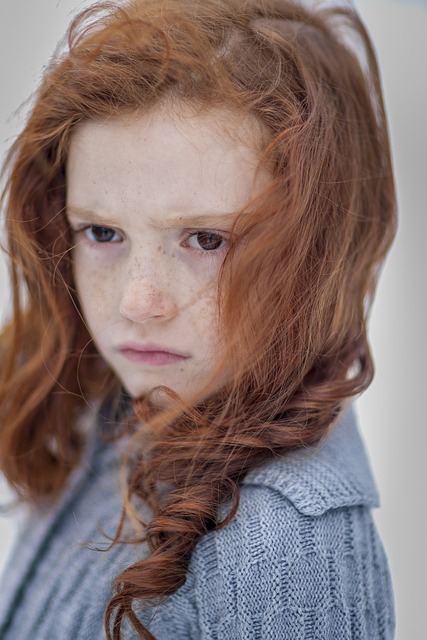"It's Not Fair!"
By Dr. Margaret PaulOctober 01, 2012
Do you continue to believe, in the face of all evidence to the contrary, that life should be fair? Discover a new way of looking at fairness.
 "Expecting the world to treat you fairly because you are a good person is a little like expecting the bull not to attack you because you are a vegetarian." - Dennis Wholey
"Expecting the world to treat you fairly because you are a good person is a little like expecting the bull not to attack you because you are a vegetarian." - Dennis Wholey
"It's not fair!" yells eight-year old Calvin when his six-year old sister gets a bigger piece of pie.
How early we learn to think life should be fair! This concept that life should be fair seems to have been handed down from parents to children through recent generations. This is an ego-based concept not at all rooted in reality.
Rather than telling Calvin the truth that life isn't necessarily fair, his parents reinforce this false belief by scrambling around to make the pie pieces even. This will definitely not be helpful to Calvin as he grows up and encounters many seemingly unfair situations. Why do parents work so hard to try to make things fair? Why not say to their children, "Right – life isn't fair. It's never going to be fair, so let's accept that and move on." Parents often try hard to be fair in order to avoid conflict, rather than being honest with their children.
I say 'seemingly unfair' because I have a completely different concept of 'fair.' To me, 'fair' has nothing to do with the earthly level but rather with the soul level.
What seems unfair on the earthly level is likely exceedingly fair on the soul level.
What I mean is this: Our real journey on the planet is a soul journey, and that each soul needs different lessons to evolve toward love and wholeness. The person who is born rich and is given everything has different lessons to learn than the person who is born poor and has to find his or her own way. It is our ego wounded self who believes that things should be 'fair' on the outer level, but I believe that things are always fair on the inner, soul level.
I didn't always think this way. I was born poor and nothing was ever handed to me. I used to envy those who were born rich – whose parents could send them to the best schools, whose parents role-modeled behavior that led to success. I used to envy people who had easy marriages when mine was so hard. Now I know that my journey is just right for me to learn what I came to this planet to learn. I no longer worry about what is fair.
Now, when my client says, "It's not fair!" because her spouse had an affair, or because all her friends are pregnant and she isn't, or because his best friend inherited millions and he's struggling financially, I hear each one of them being a little child, wanting to believe that life should be fair. It's so much easier to say "It's not fair" than to face life's challenges head on, with deep compassion for ourselves for the heartbreak of life, and for the helplessness over others and outcomes, and with a willingness to be on the learning journey of the soul.
Next time you hear yourself say, "It's not fair!" stop and notice what this is protecting you from feeling.
Is there something or someone you are feeling helpless over? Is stating, "It's not fair!" a way to avoid compassionately acknowledging the reality of this? Do you feel heartache or heartbreak or grief, and is the belief, "It's not fair!" a way to avoid feeling these very difficult feelings of life?
It takes courage to be on the soul journey of evolving in our ability to love ourselves and others. Acceptance for the lack of fairness in life is part of this journey.
Learn to connect with your spiritual guidance with Unlocking Your Inner Wisdom, A 30-Day at-home Experience with Dr. Margaret Paul.
 Send this article to a friend
Send this article to a friend  Print this article
Print this article  Bookmarked 9 time(s)
Bookmarked 9 time(s)
| Related Articles |
|---|
| The Toxicity of Comparison |
| Relationship Advice: Love and Fairness |
Comments
| Author | Comment | Date |
|---|---|---|
| Join the Inner Bonding Community to add your comment to articles and see the comments of others... | ||

Daily Inspiration
Every relationship in our lives offers us a gift of growth. Think about your most difficult relationships - family, friends, co-workers. Today, pick one to focus on. How is this person a mirror for you? How do you not take care of yourself around this person? What do you want from this person that you are not giving to yourself?
By Dr. Margaret Paul

 Share with Del.icio.us
Share with Del.icio.us Share with Digg
Share with Digg







